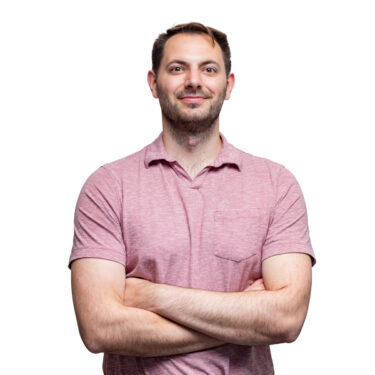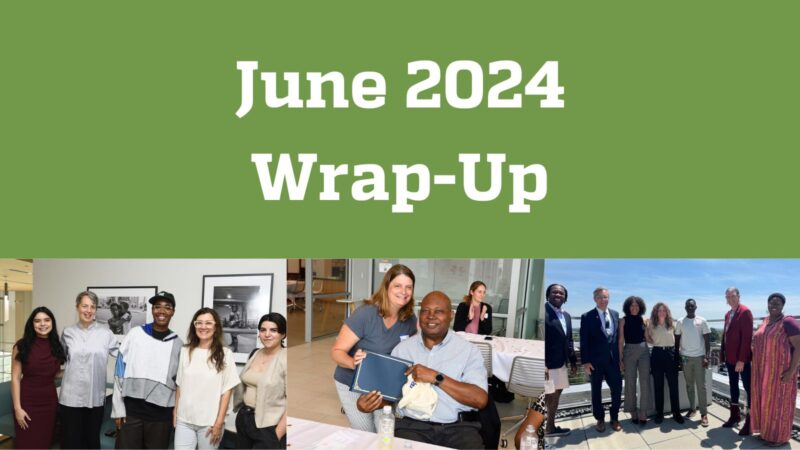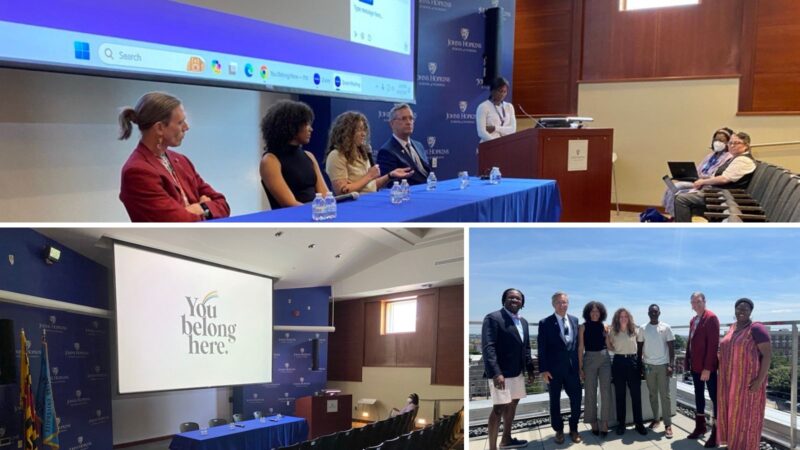It’s the first week of the semester and we’ve begun to truly prepare for our upcoming trip to Haiti in earnest. We had our first full day of trip planning as a group today, going over everything from mosquito netting to remembering to bring small gifts for our translators and hosts in Haiti. As we get to know each other and our project better, our energy has been building. We’re really going to Haiti in February. Making lists of practical things to do and get–duct tape and rope, toothbrushes and hemocue microcuvettes–has made the whole thing less abstract to me. I can hardly believe that we’ll be in Jeremie in just a few short weeks.
One of the things we did today was watch an hour-long film put together by the Miami Herald, Nou Bouke [We’re Tired]: Haiti’s Past, Present, and Future. The film hit me hard, reminding me again of just how truly apocalyptic the 2010 earthquake was for Haiti. Six minutes into the film, Haitian President René Préval compared the impact of the earthquake to the dropping of nuclear bombs. “If you compare Hiroshima and Nagasaki which withstood two bombs,” he says, “we can say that in 35 seconds, Haiti withstood four nuclear bombs. Hiroshima was about 100,000 deaths. Nagasaki was about 40,000 deaths. If we round it up, it totals 150,000 deaths. We had 300,000 deaths.”
Nou Bouke [We’re Tired]: Haiti’s Past, Present And Future from The Miami Herald on Vimeo.
Like all of us, I been have inundated with images of devastation and terrible stories of post-earthquake Haiti. I sought out stories, at first, and even wrote about the earthquake myself, adding to the library of documentation covering the 2010 disaster. But as the images have continued to come forward, and tragedies continued to multiply–violence against women, cholera, and PTSD, to name a few–I had started to become inured to them. I had even convinced myself at times that perhaps Haitians might want us to distance our consciousness from the earthquake–after all, shouldn’t we see the island for it’s whole, culture, people, etc, rather than just focusing on Haitians as a group of disaster victims?
This month marked the two year anniversary of the earthquake. While that catastrophic disaster isn’t the only thing that we need to remember about context when going to Haiti, it can’t be underestimated; for many people, it’s like it happened yesterday, and the effects are still present every day. Watching Nou Bouke reminded me of that.
![Nou Bouke [We’re Tired]: Trip Planning and Remembering the Earthquake](https://nursing.jhu.edu/wp-content/uploads/2024/05/related.jpg)



